Solar tubes are a good alternative to skylights if you want to utilize natural light to illuminate some areas of your home. You might be wondering if you can also use solar tubes to provide sunlight to plants that you keep indoors. Look no further because we have done research to provide you with all the information you will need on growing plants with solar tubes.
You can grow plants with solar tubes. Solar tubes use a simple technique of gathering natural outdoor light through their translucent head dome before transferring that light into a house through a reflective interior surface. Installing a solar tube will allow your indoor plants to receive sufficient sunlight even if they are tucked away inside your home, far from any source of natural light.
Solar tubes offer a great solution for homeowners who want to grow their plants indoors. Some houseplants require certain temperatures and amounts of sunlight, and keeping them indoors with a solar tube can be beneficial. Continue reading as we discuss all the other necessary information you will need if you want to grow indoor plants with solar tubes.
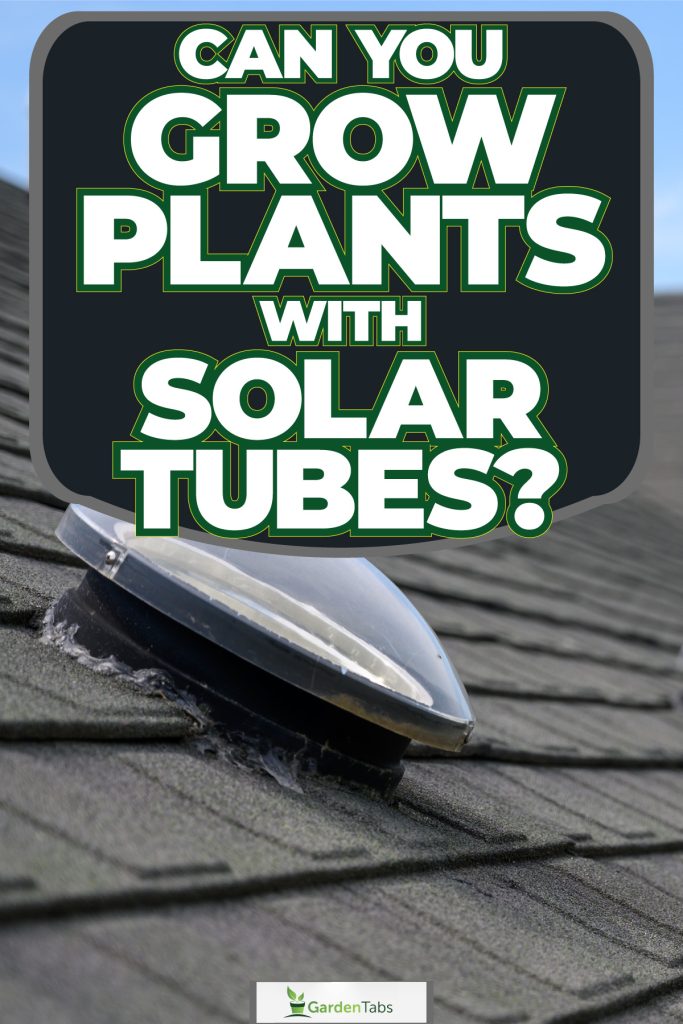
Can Solar Tubes Be Used to Grow Plants?
Solar tubes are made up of a single, usually winding tube that you can install in your home to provide sunlight to places where more light can be beneficial. Solar tubes are sometimes referred to as light tubes, solar tunnels, sky tunnels, or sun tunnels. They can be used in areas with no electrical lights.
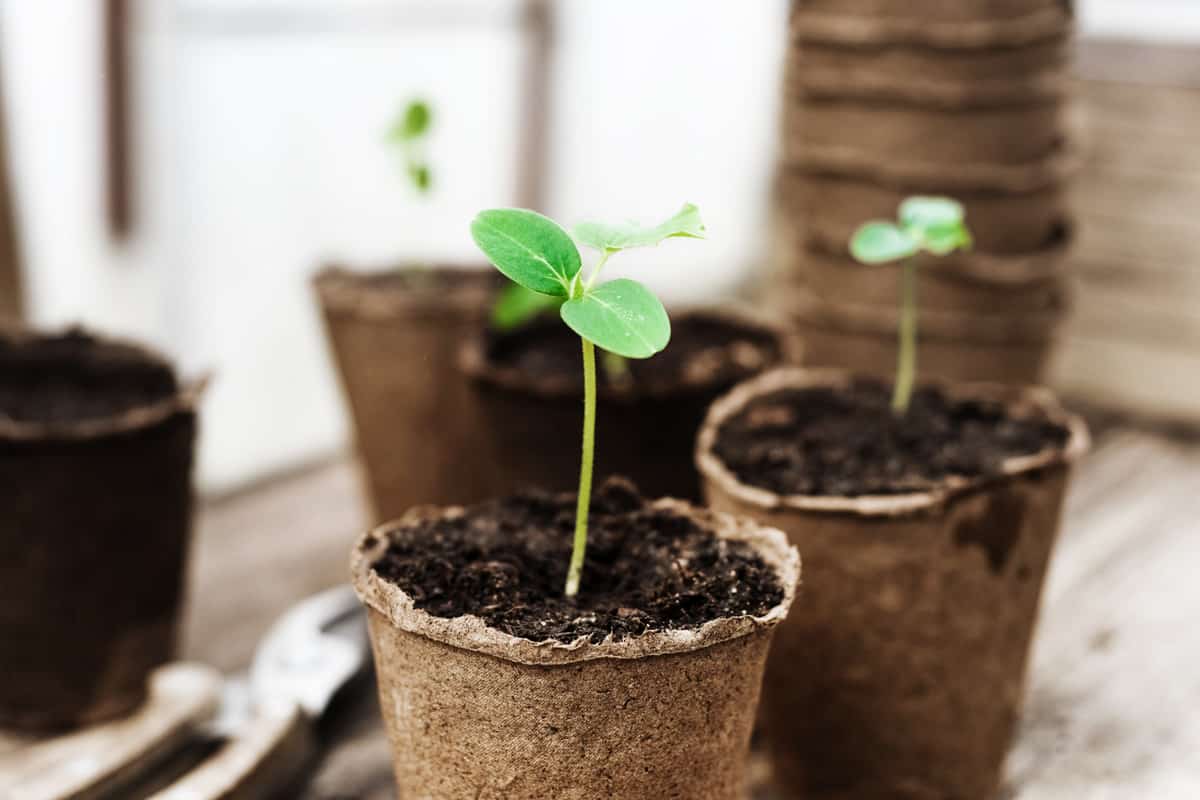
Solar tubes can also be used in places in your home where any type of window, including a skylight, can't be installed.
Solar tubes offer a great solution to homeowners who prefer to have natural sunlight in their houses. Similar to windows and skylights, solar tubes will only illuminate your home with the natural light that is readily available outdoors.
Click here to see this solar tube on Amazon
Studies have shown that natural sunlight is great for humans and plants alike, and both can benefit from having natural sunlight indoors.
Solar tubes do not create artificial light. The tubes are made up of translucent and reflective materials that only redirect the sunlight from outside.
Installing solar tubes in your home will give your indoor plants the advantage of receiving natural light while staying within the regulated temperature of your home.
It is important to note, however, that since solar tubes operate with the available light outdoors, they will not be able to constantly supply sunlight to the plants. The ability of the solar tubes to provide sunlight to your houseplants will heavily rely on the weather.
The location of your solar tubes should also be factored in when measuring how long the plant can receive sunlight.
It is not ideal to only rely on solar tubes for your indoor plants. Instead, you can take note of the amount of sunlight that your plant actually needs. From there you can decide if your plant will benefit from a solar tube, a location near a window, or artificial glow lights.
Are Solar Tubes Better Than Grow Lights?
There are many grow lights specifically designed for raising plants indoors, but these lights are created as an alternative if the gardener can not provide enough light to the plant.
In many cases, these growing lights are used for plants situated in places where no amount of sufficient rays can reach them. Grow lights can provide enough light for some indoor plants, but again, they are alternatives for plants that do not have sufficient sunlight available to them.
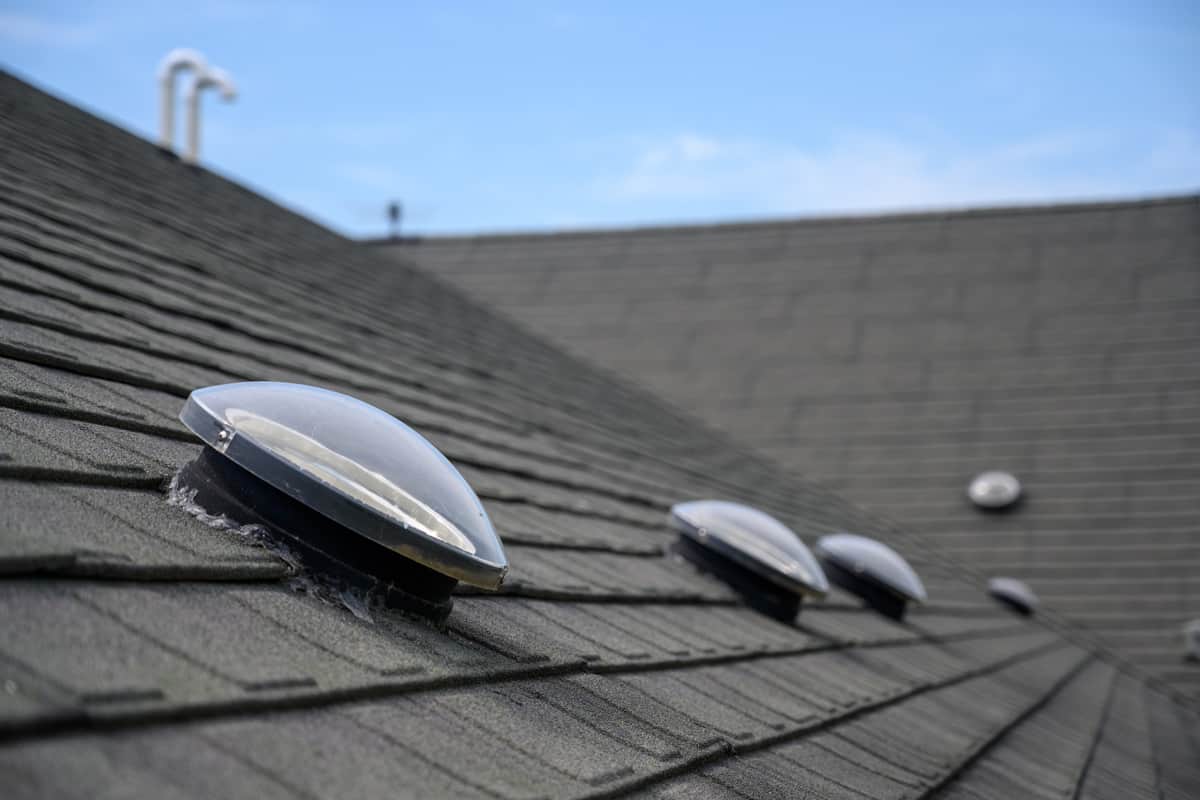
Some gardeners also prefer to use natural light for plants. This is because sunlight will provide the best distribution of light wavelengths that plants have grown accustomed to over millions of years.
It is also important to note that some popular grow lights like fluorescent and incandescent lights lack the red or blue lights that are present in natural light.
Unlike grow lights, which can only provide light to plants directly underneath them, solar tubes have a light diffuser and are attached directly to the ceiling. This allows the expanse of a solar tube's light to reach not only the plants underneath but also a good portion of the room where it is located.
Places where supplemental light is essential for plants include rooms with very small or no windows, areas in the middle of the house where sunlight cannot reach, and basements where only an egress window and ventilation are available.
Some plants can survive from the light of a room's light bulb alone, although natural sunlight is still preferable if possible.
While some houseplants are desirable because they don't need direct sunlight, all plants need light in order to perform photosynthesis. So whether you buy grow lights for your plants, or install a solar tube in your home, the plant will thrive as long as it is provided with the correct amount of sunlight.
Do Plants Prefer Natural Light To Artificial Grow Lights?
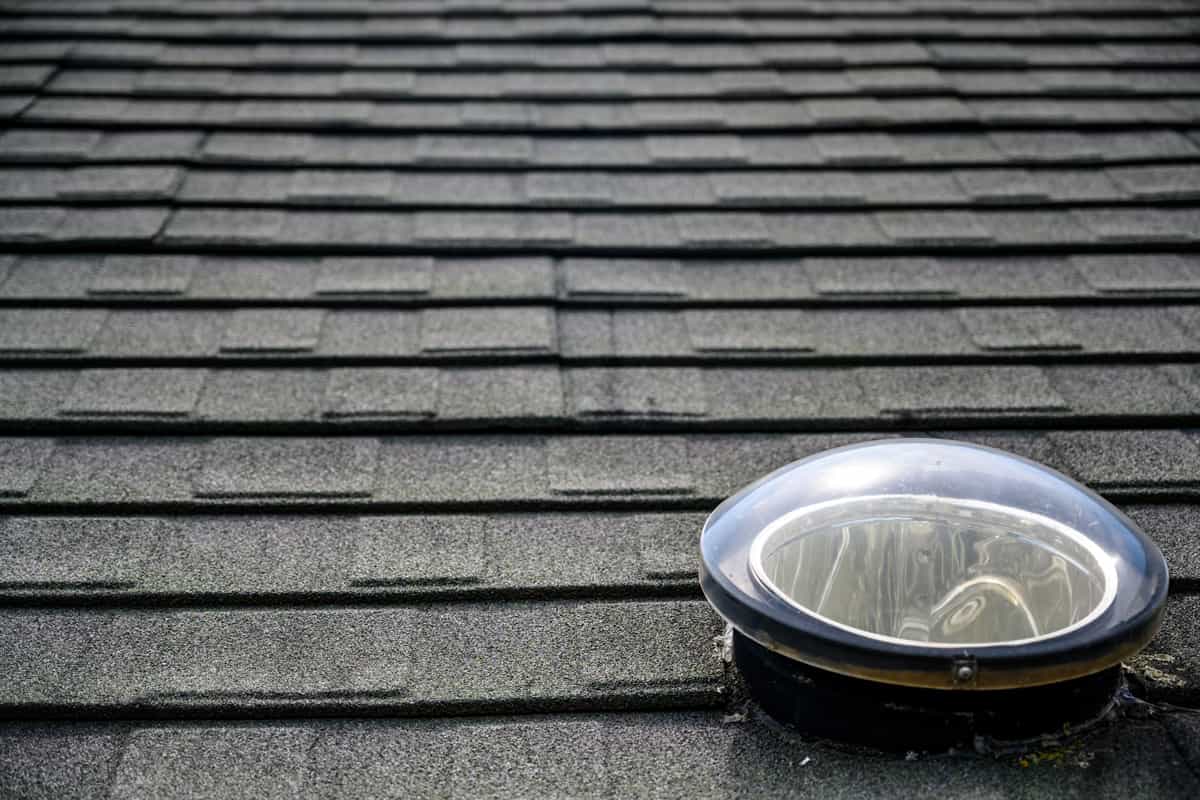
There are thousands of plant species in the world, and each species has different requirements for growth. What might seem like too little light for one plant could be sufficient for another plant. This means that some plants might require a permanent space in your outdoor garden in order to live, and some plants will do just fine inside your living room.
As we mentioned before, some popular grow lights actually lack the natural characteristics of sunlight that plants need in order to grow well.
Florescent lights are often utilized as a grow light, but these lights do not have as much red light as sunlight. Incandescent lights, on the other hand, have enough red light but do not have enough blue light.
Solar tubes are a great way of providing your plants with enough natural light with a good balance of red and blue light. Red light is one of the best types of light for boosting plant growth. It is also beneficial for stimulating flower and fruit growth.
Blue light is also important. While not much of it is actually needed for photosynthesis, it will assist in regulating consistent plant growth.
Artificial grow light is designed to be closely identical to sunlight, but they are not the same. While science has come a long way in successfully growing plants into maturity with only the use of artificial light, most plants will thrive better in natural sunlight.
There's no proof that plants do prefer natural sunlight, as they will absorb light regardless of the source. However, it is evident that plants will absorb light in certain wavelengths better than others, and sunlight offers a much wider spectrum of light wavelengths compared to man-made light sources.
This means that natural sunlight offers more benefits to plants compared to artificial grow lights.
What Are The Benefits Of Growing Plants Indoors?
Houseplants are good for improving the overall aesthetic of your home. Plants that are capable of thriving with partial to limited sunlight are best suited to be kept as indoor plants. Some plants show colorful foliage, and some will bloom delicate flowers during their season.
While houseplants are often added indoors to enhance the interior design, these plants offer much more than just their attractive leafage. Below are a couple of benefits that a homeowner with a houseplant can enjoy.
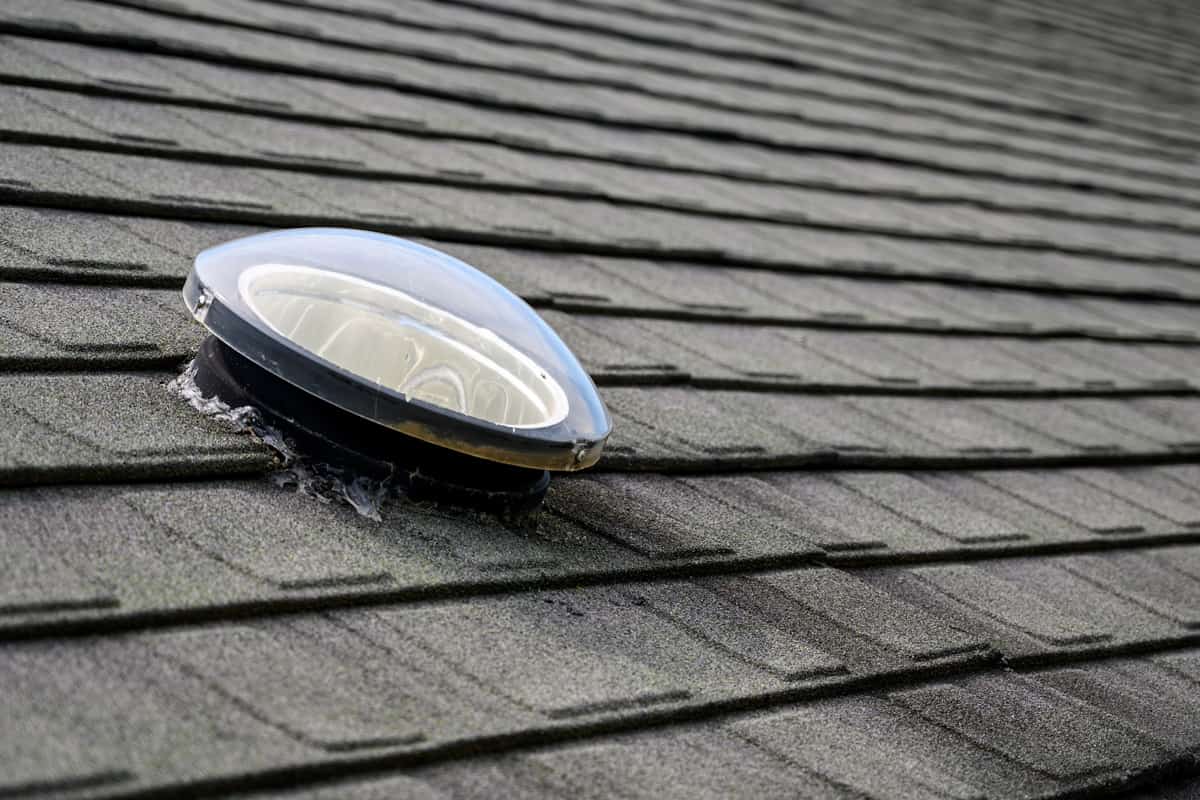
Plants Provide Humans With Oxygen
Much like natural sunlight is to plants, plants also play a critical role in our survival. Plants convert carbon dioxide into oxygen, which is the air that we breathe.
By introducing a plant indoors, a homeowner will reduce the amount of carbon dioxide in the area, resulting in cleaner, fresher air for all the residents of the household.
Plants Improve Our Emotional Well-Being
Houseplants do not only improve the overall aesthetic of your home, but they will also positively affect your mood.
Studies have shown that tending to plants greatly reduces psychological and physiological stress. Caring for plants, whether indoors or outdoors, can induce feelings of calmness and comfort.
The simple act of caring for your indoor plants also reduces stress and anxiety. Indoor plants have been proven to be great at increasing positive energy and mental focus due to improved levels of oxygen, compared to a room without one.
Plants Can Offer Health Benefits
Places that utilize heaters can reduce the humidity of the area. Low humidity can cause health risks to people with respiratory issues. By adding a couple of plants indoors, you can increase the humidity in the area and reduce the drying effects of heaters at home.
To Wrap Up
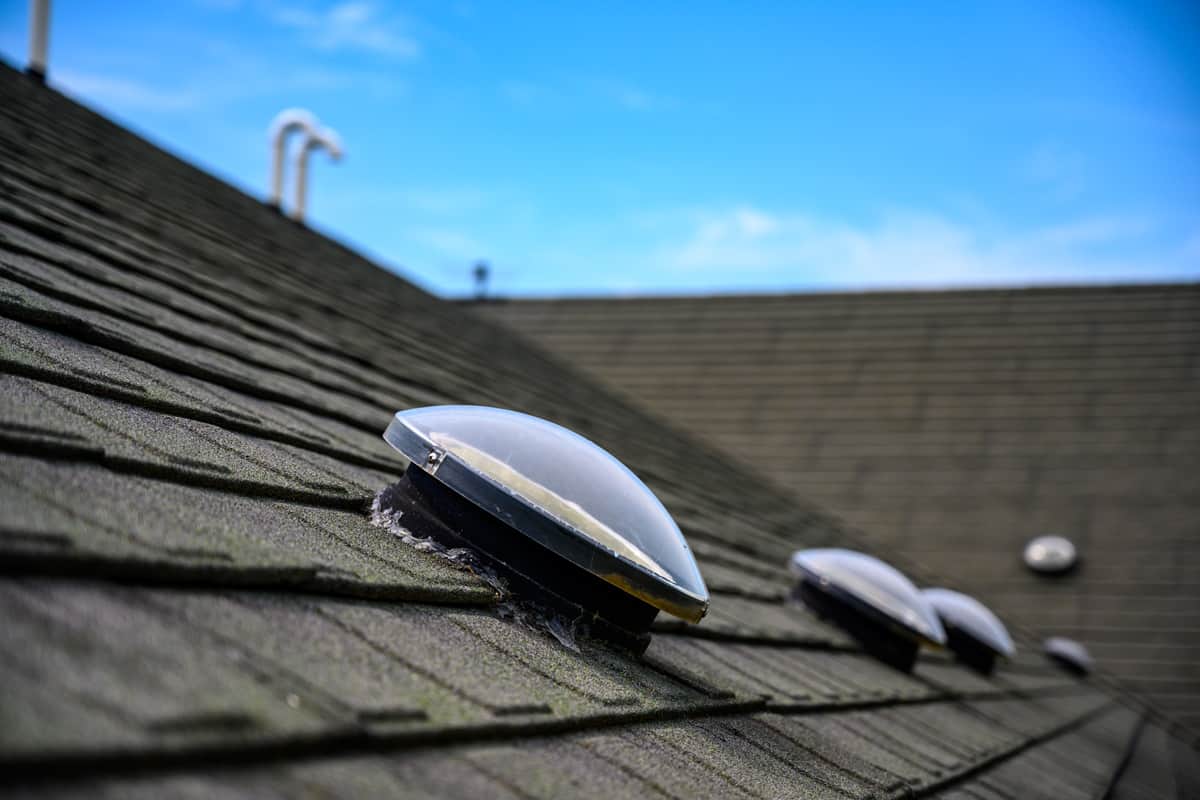
Solar tubes are a great way of providing your home with natural light. They are also good for growing plants that are located inside the home.
In this article, we discussed the possibility of growing plants with solar tubes. We also discussed the benefits of the natural light a solar tube can provide, compared to artificial grow lights. Make sure to choose the best source of light for your plants so you can enjoy its benefits for a long time.
Made it to the end? Check out some of our other related posts!

